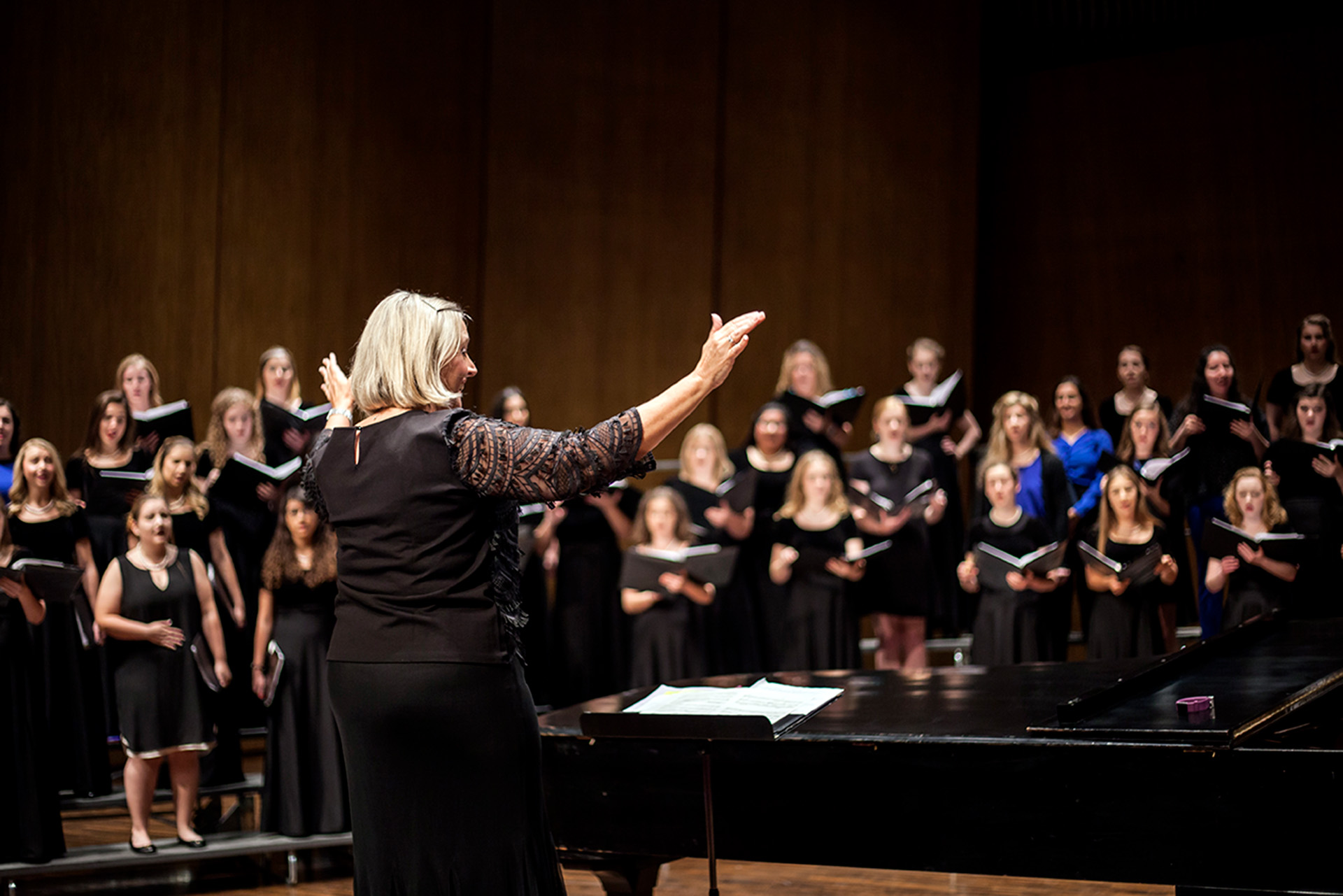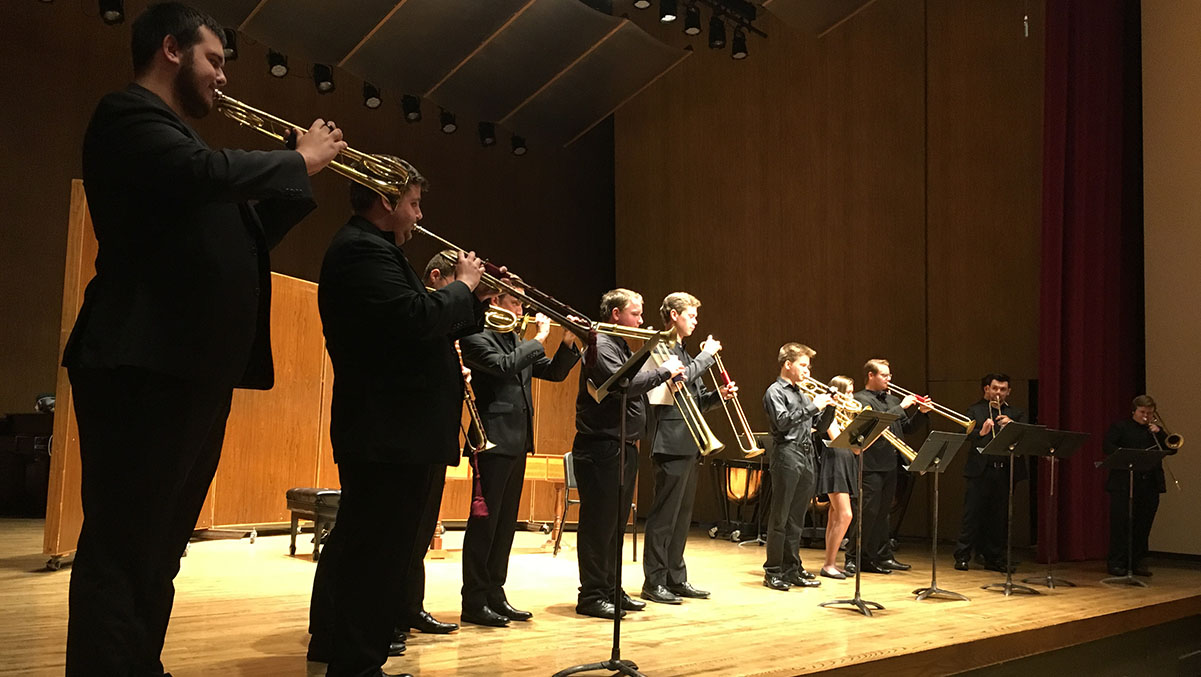Select music that is both technically appropriate and musically expressive. You want to demonstrate both technique and musicality. Many students think they will be impressive if they play the hardest stuff - wrong! Choose music you can master; that makes you sound good on your instrument. The most challenging aspect of performance is doing something well - at any level. You make a better impression when you have command over your instrument and the music, more so than when you just try to hack through something like the infamous “Black Page”.
Ask what instruments are available to you before you travel to the audition site. Although larger instruments are usually provided, you may have to bring smaller items such as cymbals, foot pedals, and other accessories.
Most college percussion programs suggest that you prepare audition material and be prepared to sight read in the following core areas:
- Mallet Keyboard (both 4-mallet and 2-mallet repertoire).
- Know your major and minor scales and chord arpeggios.
- Snare Drum (both concert and rudimental).
- Timpani.
- Tuning and touch are the important areas in selecting a solo or etude.
- Multiple Percussion and/or Drum Set.
Bring along a parent, guardian, or teacher to your audition. They should meet the college instructors and be familiar with the environment where you will be spending countless hours. Their impressions of the college may provide you with valuable perspective.
Develop a list of questions to ask your audition panel or during another campus visit. Talk with your parents, music teachers, siblings, and friends who have been to college to develop a set of questions and issues that are important in making your decision to attend the college that is right for you. Remember, you are interviewing the university as well! Specific issues relating to percussion may include questions such as:
- Will I study with the percussion professor or a graduate assistant?
- How is the curriculum designed and what instruments will I study?
- How long are the practice rooms open?
- How do I get selected for percussion ensemble, concert bands and orchestras, marching band, jazz band, and when do I audition for these groups?
- What instruments, mallets, and music do I need my first year and beyond?
If the audition format allows it, consider preparing a short display of your experience in supplementary areas such as hand percussion, orchestral excerpts, or World percussion. Also remember three important things: sight-reading, sight-reading, and sight-reading! You will probably be asked to sight read in your audition. Develop a strategy for reading new music and practice it everyday. Play for yourself and others before you go to an audition. Audio/video record yourself in a mock-audition and evaluate it. Play for your parents, teacher, church group, classmates, relatives, friends, anyone who will listen.
Bring your own mallets as well as the original scores of all the music you play for your audition. It will be helpful for the audition panel to have duplicated copies of your music, provided you show them the original. The copies can be discarded after the audition. Duplicating copyrighted music is unethical and illegal, but is allowed for a one-time use, provided you own the original.
Prepare a resume for your audition. List your school work, activities, honors and awards, and be sure to note any musical activities or accomplishments you have had outside of school. List your music teachers and include at least three references. Although you should dress like you’re on a job interview, you will want to wear something comfortable for your audition.
Arrive at the audition early to fill out any paper work, warm-up, and set-up any instruments that you have brought with you. Because many music schools have busy audition dates, you may only get to play excerpts from your prepared music. Don’t be upset if this happens, prepare for this situation in front of others so you won’t get flustered.






